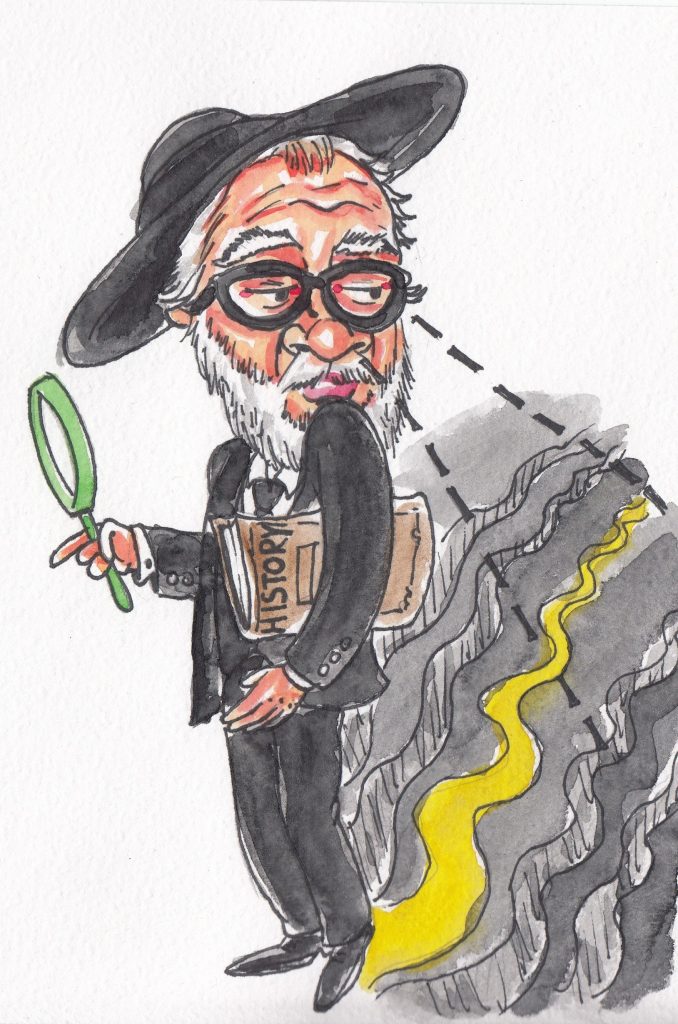
The good old days
Everyone is talking about the good old days. Let’s talk about the good old days.
Hello there, all you melancholic people, thinking about the past, its glories and how things will never be the same again. Well, you are totally right – things never will be the same. But you are ill, my friends because your minds have been intoxicated with memories.
In general, memories are very good things. They enable us to review past events so we can modify our future actions according to what we see. The problem is, we are overconfident about the accuracy of what we remember. Too often, what we’re sure we recall is not completely factual.
Our brains, as complex as they are, use simplified methods to store information. To make fast decisions, we use simplified models called heuristics. When you experience an event, your brain may recognize or consider it as an important one and remember it.
Here is what happens over time, though: your brain is bombarded with information every second, so it tends to store more “morals” or conclusions about events, and not so many of their exact details. Eventually – over a long period – only the conclusions remain. (At least, this is one theory of how our memories work.)
This may sound like a good approach, but it has some side effects:
- Your memories of good experiences can tend to become better and better (more and more favorable to you) over time. For example, you end up (in your memory, at least) as the central character in the event, the person who caused things to turn out well. It didn’t really happen that way, but your brain wants to remember it that way, and wants more things like that to happen.
- In many cases, bad experiences tend to fade out of memory over time – or they are stored as things to be avoided. Also, when bad things happen, your brain tends to blame things in the environment (other people, the government, the weather, etc.), even if you were the one who was actually responsible.
Yes, lessons from the past are essential for your future survival, but the sad fact is, many of your memories are probably quite inaccurate and full of biases. Do you know what scares me the most about this? Our brains’ naïve capability and powerful inner necessity to explain the things that happened in the past in the context of the present. Got confusion?
We are so damn good at explaining why things happened – but only after they happen (post factum). As events are unfolding around us, we are in a fog – no one present has a complete, accurate, unbiased picture of what is actually happening. When everything is finished, though, each person present is sure that the details and sequence of events (their own idea of the details and sequence of events) is so damn obvious. We unconsciously prefer to give inaccurate (but believable) descriptions and explanations of events, rather than just stating the truth: we do not really know all that happened, or why it happened.
People are afraid of not knowing
To illustrate just how firmly we can be convinced of the truth of such pseudo, post-factum recollections and explanations, just consider today’s sharply dressed, smooth-talking buzz journalists. If these people are so good at describing and giving the reasons for current events – if they truly understand the nature and causes of such things, then why don’t any of them make reliable predictions about the future?
Thinking about the past is like walking miles in a sandy desert, then turning around and looking back the way you came. You see only the path you walked – your footprints in the sand. You don’t see all the millions of paths you could have taken instead.
Stop believing that the past is so damn obvious.